From Idu Jude, Abuja
As the world prepares for the United Nations (UN) Climate Change Conference, COP30, to be held in Belém, Brazil, from November 10 to 21, 2025, Nigeria and other African countries have been urged to shift from requesting climate financing to investing in Africa’s green economy.
The Director-General of the Global Centre for Law, Business and Economy (GCLBE) and convener of the Africa Climate Forum, Professor George Nwangwu, in an exclusive interview with The Sun, called on the Federal Government of Nigeria to use COP30 as a platform to attract investors to Nigeria’s green economy programme, which he believes is more beneficial than seeking cash grants that may not be used for their intended purpose.
Nwangwu, a Professor of Law at Nile University, stated, “No European or American country would bring money to finance climate causes in Africa without getting something in return.” He urged Africa to market its potential for the green economy rather than beg for funding.
Expert Advice to the FG
“You see, change takes a bit of time, it takes a lot of work. We need to do the work, and our work is to keep convincing the government to move in the right direction and keep shaping government policies. That is the work we do, and it will not be an easy task. If it has been easy, we don’t need to convince the brightest minds on that, but we just need to continue to do the work, and these are incremental steps, and also show the government the other path we think they should take. It is not going to be easy, but we would need to continue doing the work.
“And people might think that we are not making progress, no, we are making progress. There is progress made, but not sufficient, and that is why we need to keep doing the hard work to continue to convince the government to do what it is supposed to do. And not government alone, we talk to the private sector also, which needs to do its part. Yes, the government needs to create an enabling environment, but the private sector also needs to do its part because it helps to open up and show the people where the opportunity lies.
“That is why we are doing it in the marketplace, creating opportunities so that people can identify them. I can tell you for free that the process for accessing climate financing is not that straightforward. So people need to be educated on what it entails or what it looks like because it is not a very simple process. But who is doing the capacity building and providing the information? That is the gap we need to fill so that even the private sector can access that funding and do what they need to do.”
Bridging the Gap in Green Economy Funding Contribution
“There will continue to be that disparity. Historically, the global North and indeed every country is naturally selfish in how they want to achieve their desired goals, and if you notice, geopolitics is changing, and right now, there is less support for foreign aid. Nobody is giving anybody anything for free. For example, the Trump administration has changed the narrative, and the Europeans are curtailing the aid they give, so we also need to reform how we engage. Right now, what we do is ask for aid, complaining about climate causes. We keep complaining that the global North caused climate change and that they should provide the funding for us to solve our problems, but we forget to tap into the investment that such cases bring. We need to ask them to come in because we have vast opportunities in Africa to tap into the green economy. We have the opportunity to bring your money to invest instead of saying, ‘Give us money to solve the climate change problems.’
“Even if they bring, they can never give us enough to achieve a green economy revolution. But to say that Africa has the investment potential. And it is not a question of growing cold feet or suspected embezzlement, it is all about what they get in return because nothing goes for nothing. It is all about give and take, and don’t forget that these people want to make something out of their money. Remember, in these countries, most of their money is in the private sector. They are capitalist economies.”
Areas of Focus for Green Economy Investment
“There are adaptations and mitigations. Take, for instance, Africa, which has the greatest sunlight, and we have never seen where solar panels are manufactured in Africa. Everything has been on importation. Why not set up such manufacturing companies in Africa and benefit from the value chain? Such will revolve the African economy and there you go. These things can be manufactured in Africa because the minerals are here. The minerals for batteries are here, and why must the minerals be extracted from Africa and taken out for manufacturing? That is what we are saying that we need to change the narrative, let people invest here. American companies and European companies manufacture in China, and why do you think they do so? The technical know-how is in China, the labour is in China, the capacity and cheaper there, and they go to China not because they love them, but because of business.”
Molded Opinion for COP30
“Nigeria should change its mentality of begging for climate financing. The narrative should change. Africa can no longer be a beggar and should position itself as a leader with potential, who have all the required natural resources. So instead of begging for money, we should go there and say, ‘This is what we have.’ We should say that Africa is open for business, letting them know that investing in the green economy will yield more returns than just giving, so that Africa will use that to build its capacity slowly.
“African countries should also support African businesses that are growing. You see, I like President Tinubu’s policy of ‘buying Nigeria’; everything we are doing must be channelled towards positively marketing Nigeria. If the Rural Electrification Agency (REA) has contracts, they should be forced to buy made-in-Nigeria products even if they are slightly more expensive than those made abroad. Such would mean that if products from China were to come into the Nigerian market, they should be able to be manufactured in Nigeria.”
2025 Africa Climate Forum
“The forthcoming Africa Climate Forum, to be held in Abuja in October, will focus on the same ideology of advocacy. It will change from begging for climate funding to showcasing Africa’s investment haven for the green economy. At the Africa Climate Forum in Abuja, attendees are expected to understand that the Africa Climate Forum is growing into a movement.
“There are three segments to the event. The usual plenary, the market or exhibition segment, and the Deal Room where people come in with their innovations to showcase regarding energy and climate change. In terms of plenary, where discussions happen, it is crafting an African response to the climate problems while taking advantage of what is there and looking at geopolitics, situating Africa’s response along those lines.
“So we want to prepare Africa so that it will have a unified voice in tackling these climate issues and meeting its climate obligations. We need to have projects and leverage this opportunity because, though knowing full well that climate change comes with both risk and opportunities, we need to mitigate the risk and leverage the opportunities to move forward. Then the exhibition, which we call the marketplace, will provide an opportunity for people to come in and showcase what they have. For instance, those who are into electric vehicles showcase what they have, solar systems, and people with different aspects come and showcase what they are doing.
“In our last Forum, we titled it ‘Africa from Dependency to Leadership’, which is where we are headed and where we want Africa to be.”



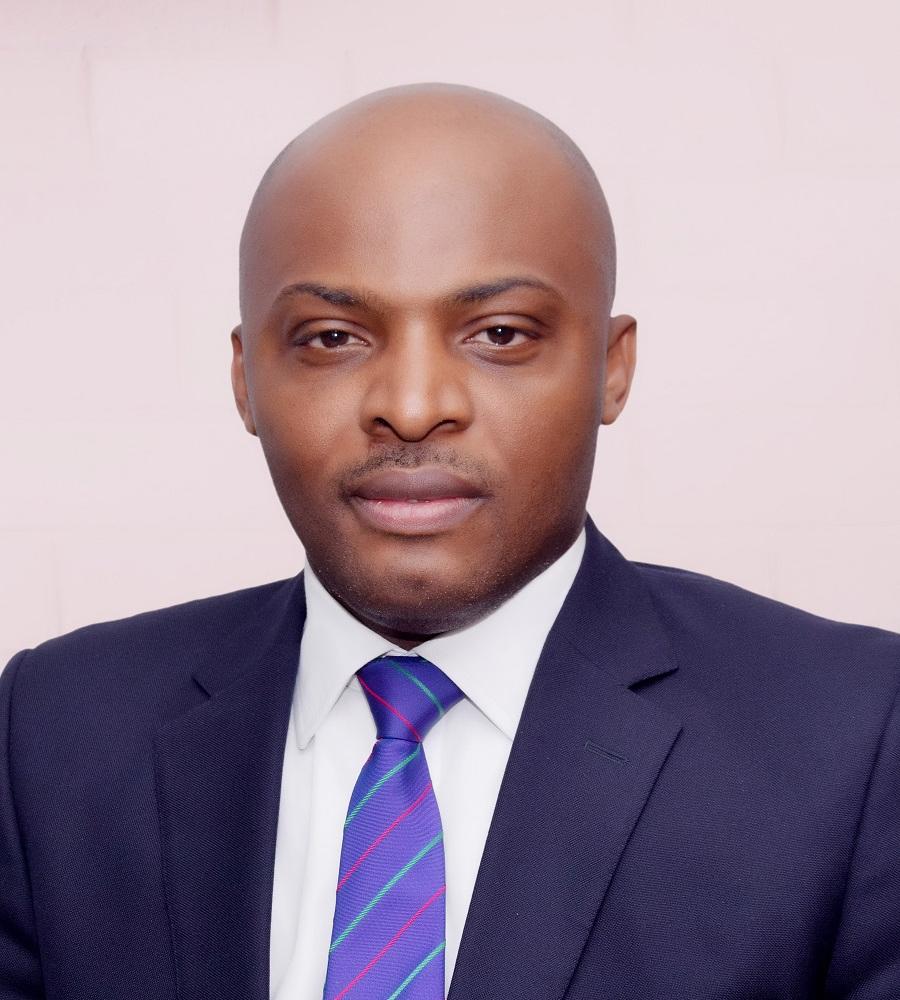

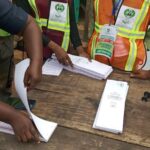
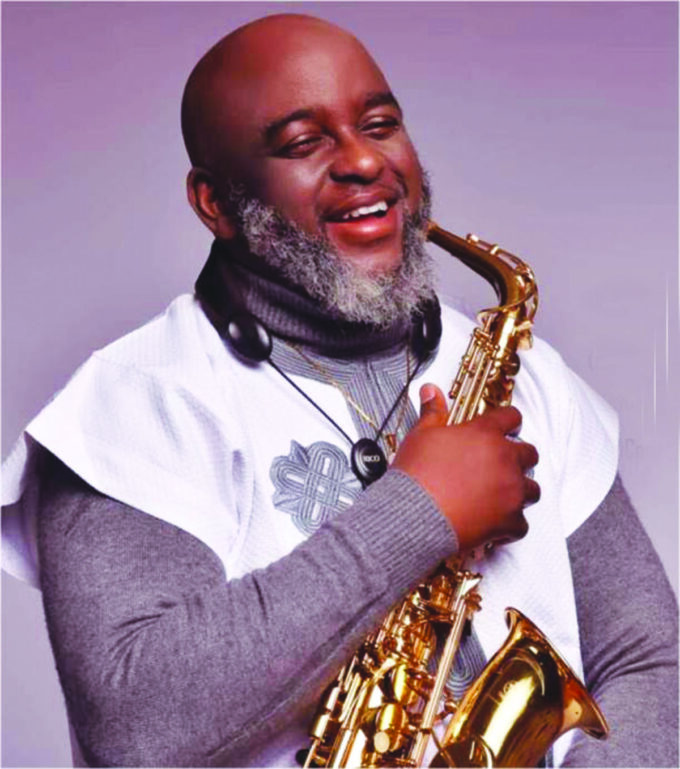
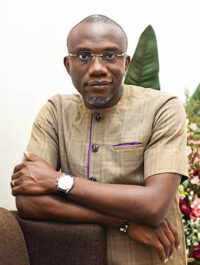
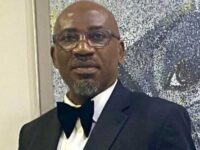

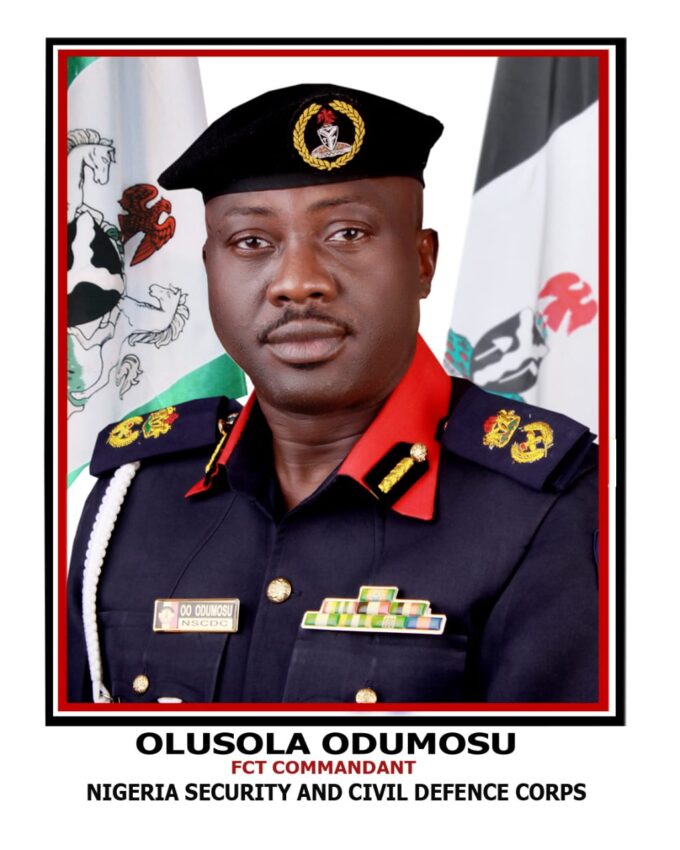
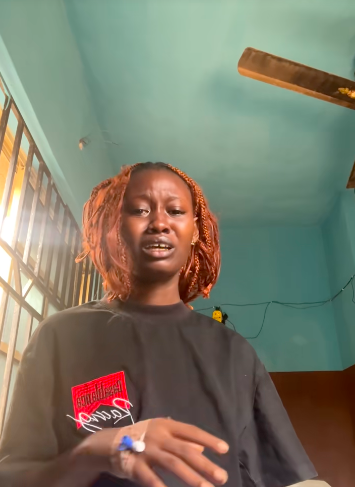



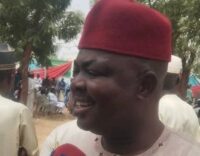

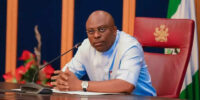
Leave a comment